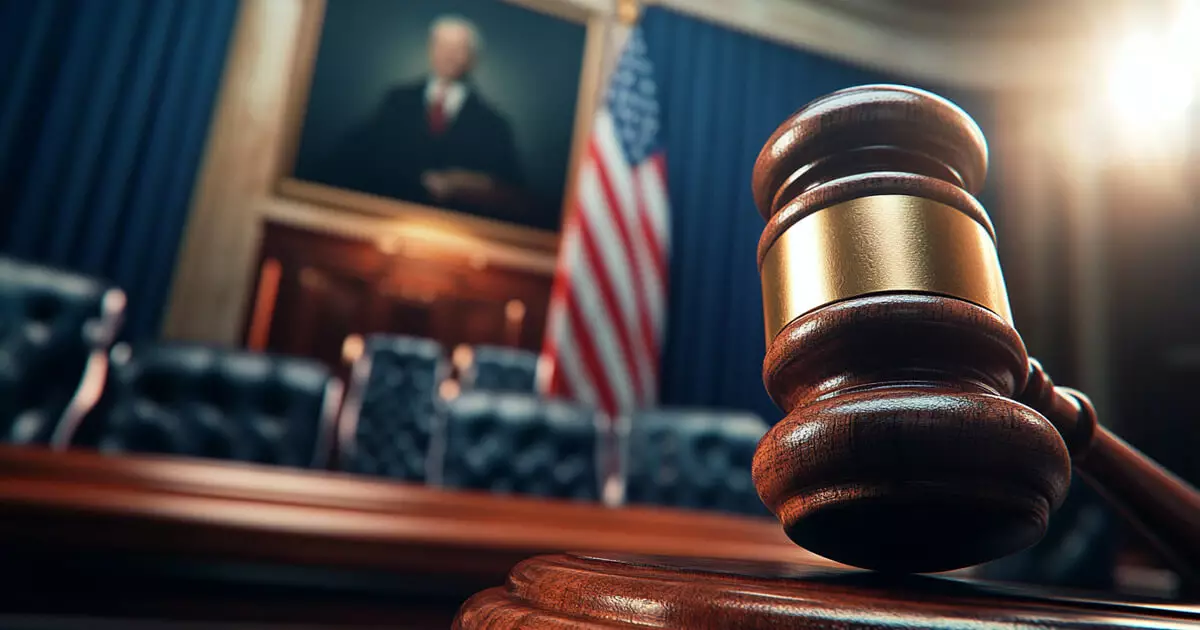As the political landscape shifts with the impending inauguration of President-elect Donald Trump, many in the cryptocurrency sphere are brimming with optimism. Faryar Shirzad, the Chief Policy Officer of Coinbase, recently shared insights regarding the potential for swift strides toward comprehensive crypto regulation in the U.S. With Trump at the helm and a Republican-majority Congress, there may be a unique opportunity for the voices of the 50 million American cryptocurrency owners to be recognized and prioritized in regulatory discussions.
Shirzad emphasized the synergy created by a pro-crypto president and a supportive legislature, stating that the current Congress is the most crypto-friendly in history. This alignment between the executive and legislative branches presents a conducive atmosphere for fostering regulations that could support the burgeoning industry. A shift in policy could empower stakeholders across the spectrum, from investors to developers, laying a foundation for sustainable growth in the crypto market.
The momentum towards regulatory clarity is exemplified by two significant legislative proposals currently making their way through Congress. The Financial Innovation and Technology for the 21st Century Act (FIT 21) is a Republican-backed initiative that aims to create a solid legal framework for cryptocurrency. Similarly, the Clarity for Payment Stablecoins Act intends to establish regulatory standards for stablecoin issuers. Both pieces of legislation hold the potential to address pressing concerns that have long hindered the mainstream adoption of cryptocurrencies.
However, despite ample optimism about these bills, Shirzad acknowledged the challenges posed by the “lame duck” period following the election. The time constraints during this transitional phase may limit significant legislative actions before Trump officially assumes office. While Shirzad expects some progress, particularly regarding the structural aspects of the crypto market and stablecoins potentially by 2025, the window for immediate action appears narrow.
In addition to the anticipated frameworks from Congress, the future of cryptocurrency regulation may also be influenced by changes within the U.S. Securities and Exchange Commission (SEC). The impending departure of SEC Chair Gary Gensler could introduce new dynamics and perspectives that may facilitate an evolution in the regulatory environment for cryptocurrencies. Gensler’s approach has often been viewed as stringent, which has garnered mixed reactions from many in the crypto community. His successor might prioritize clarity and cooperation with the crypto sector, allowing for a more favorable environment for innovation.
As we reflect on the current state of cryptocurrency regulation in the U.S., it becomes evident that we stand on the brink of critical change. With a pro-crypto administration and a supportive Congress, the potential for comprehensive legislation could rest on upcoming discussions and the outcomes of proposed bills. The coming years could redefine the operational landscape for cryptocurrency in America, ushering in an era of increased recognition and regulation that may ultimately benefit both investors and the broader economy. With these developments on the horizon, it is imperative for stakeholders to remain vigilant and engaged in the regulatory process, ensuring that their interests are represented in forthcoming legislation.



















Leave a Reply